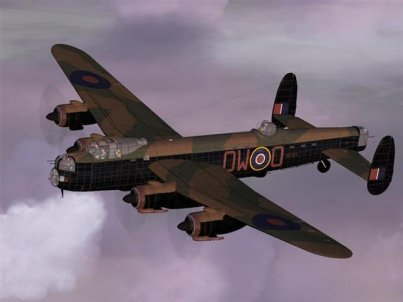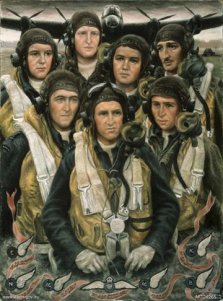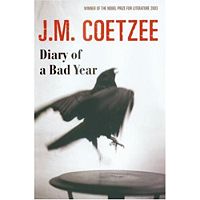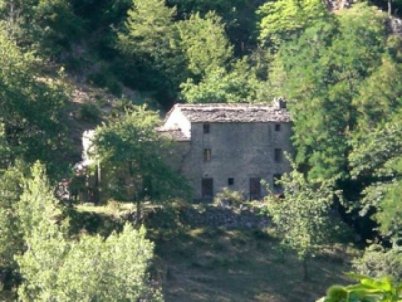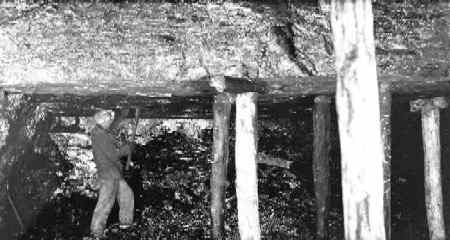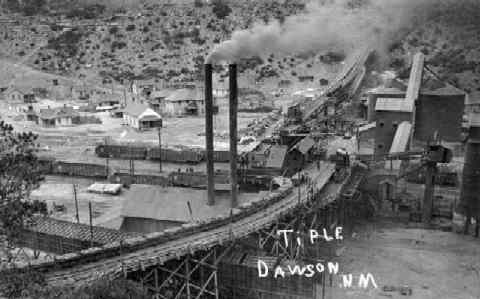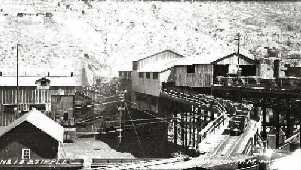Thirteen Moons, Charles Frazier, 2006
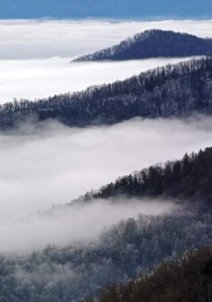
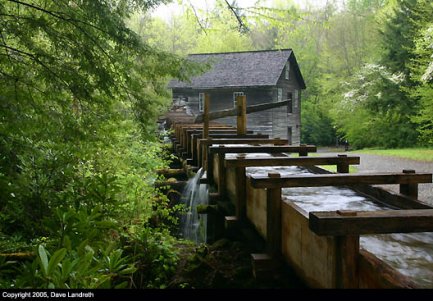
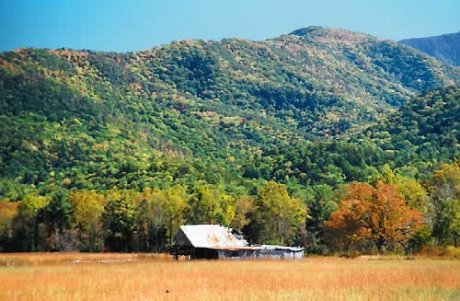
This second novel by the author of Cold Mountain again is set in the mountains of North Carolina. The main character this time is Will Cooper, an orphan whose aunt and uncle took him out of school at age 12 and sold him into indentured servitude for seven years to an old man who needed a clerk for his Indian trading post. With a young horse, a knife, and a few dollars he heads off to his new life. Once in the Cherokee nation, his horse is stolen and other Indians direct him to the house of Featherstone, leader of the horse thieves. The thieves refuse to return his horse but when they see he has a few dollars they invite him to join them at a card game. Unfortunately he is a very good card player and soon not only wins his horse and some money, but the pretty young girl, Claire, he assumes is Featherstone’s daughter. The thieves have no intention of letting him leave with his winnings and he runs away with nothing. When he finally arrives at his trading post, Featherstone is waiting with his horse, saying they are now even.
Cherokee Trading Post 
Will makes a go of the trading post occasionally ordering a book to continue his education, particularly in the law. One of his regular customers is Bear, a small time chief who trades primarily for whiskey which he drinks immediately in the store. When Bear learns that Will is an orphan he offers to adopt him and teach him Cherokee ways and the language. Thus, all white Will becomes an Indian. After a few years Will falls in love with Claire and they become lovers. The old owner of the trading post dies and the owner’s son sells the business to Will releasing from his bond. Will hires a smart young clerk for the second trading post and expands his operation. He starts operating as a courtroom lawyer for the Indians mostly dealing in land disputes. When the President decides to relocate the Cherokee out West, Will starts traveling to Washington to lobby for letting the Indians stay. He fails but is allowed to keep some land for himself and Bear’s small clan when the rest of the Indians, including Featherstone are moved. Will learns that Claire is Featherstone’s wife not his daughter. Bear and Will start buying land at auction, accumulating large tracks of steep mountainous land not wanted by white settlers. He converts his trading posts into general mercantiles for the white settlers and grows prosperous. He travels West looking for Claire, love of his life, but fails to find her.
Will becomes a senator, then a Colonel in the Confederate army during the Civil War. Frazier jokes that with the number men claiming to be Colonels after the war, the Confederate army must have had only two ranks; General and Colonel. Will earned the rank by arriving with his own troops provided for from his own pocket. Will gains notoriety when his Indian troops scalp some Union soldiers. After the war, the creditors descend to take away most of the land and the army arrives to relocate the last of the Indians to the West. Will keeps a small piece of land for himself and remains of Bear’s clan in exchange for acting as army interpreter and locating some runaway killers. He had invested in railroad stock before the war, and when the railroad is built through the area (across his place) he amasses a second fortune. Claire returns a wealthy middle aged widow and they briefly renew their affair, but Claire isn’t interested in marriage and she moves on. Will never marries.
Smoky Mountain Railroad 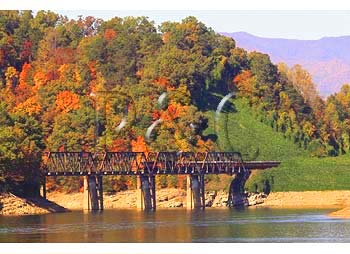
A delightful, deeply felt, return to a time and a place. Particularly interesting was the prevailing attitude of the time that to be white, you must be 100% white. If you were 1/32 or even 1/64 Indian, you were considered Indian by white society. For the Indians, to be Indian was to be accepted or adopted as an Indian and had nothing to do with blood or birth. Thus many Cherokee, particularly the wealthier Indians, were mostly white, usually Scottish like Featherstone. Bear was more pure blooded Cherokee. The prevailing attitude allowed Will, uniquely, to be fully accepted by both white society where he acts as lobbyist, Senator, Colonel, lawyer, businessman and landowner; and, because of Bear’s adoption, by Indian society.
